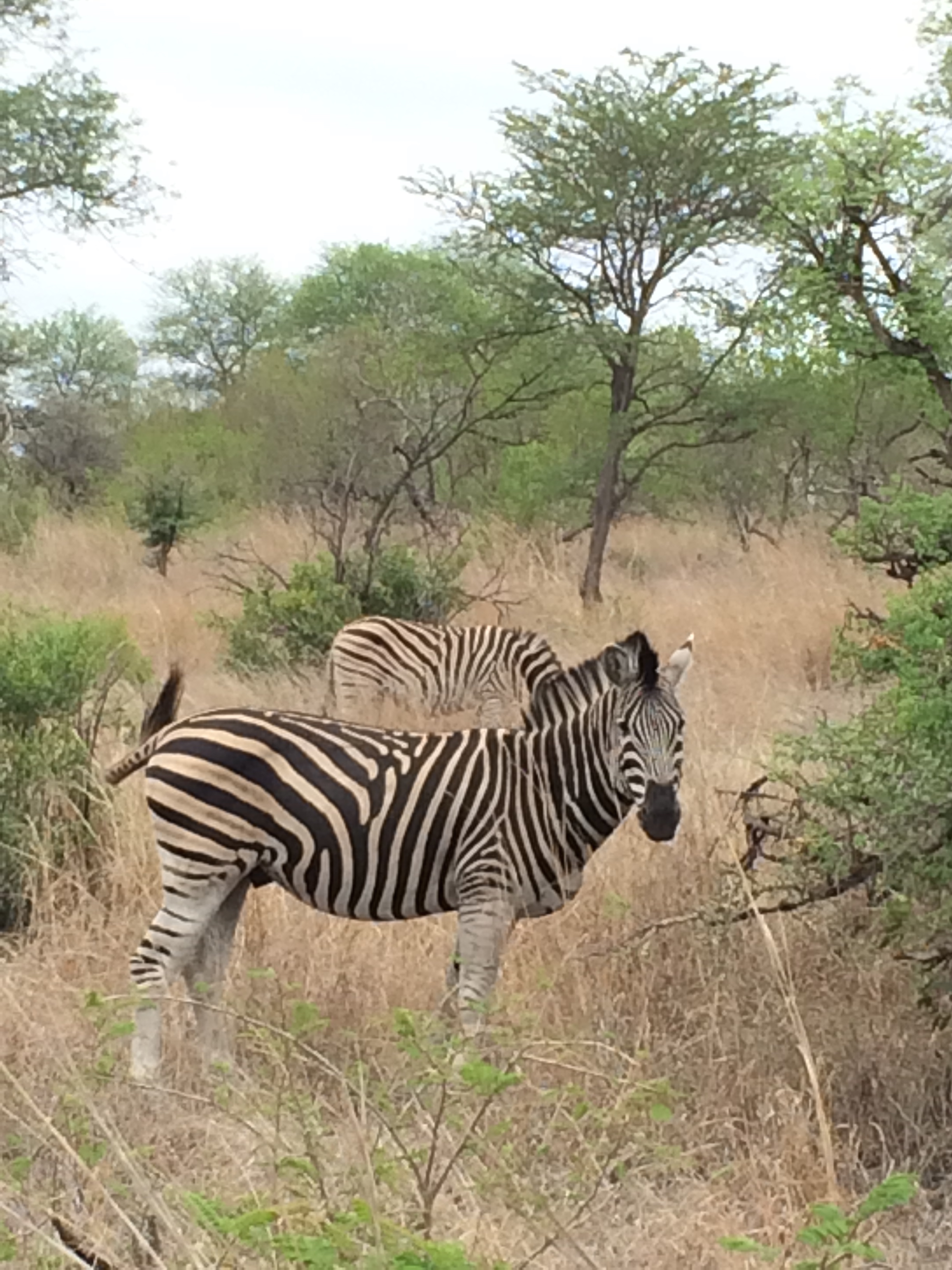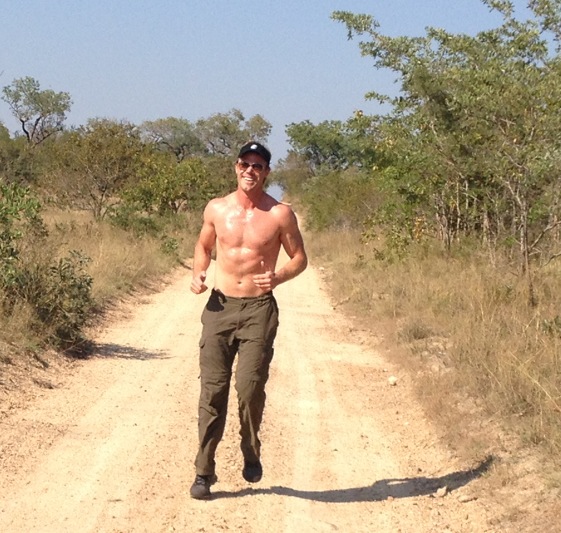There is a song I love by a South African artist that has been in my head ever since I started hearing the stories about Cecil the lion out of Zimbabwe. It is not the lyrics, but the beautiful, haunting melody that matches the feeling in my chest. As you read this article, I invite you to click on this link and hear this song, and you will know what is singing through my chest as I write this.
- There are estimated 32,000 lions in Africa, and 12,000 in South Africa
- 665 lion carcass “trophies are exported from Africa each year
- 49 exported from Zimbabwe in 2013. 17% of Zimbabwe’s land is given to trophy hunting
- However, a Zimbabwean family of 10 might earn $1-$3 a year for allowing hunts on their land.
- 30-50% of Africa’s lion population been wiped out over the last two decades
I have taken literally hundreds of people on safari in Africa, and this horrible Cecil tragedy and outrage has made me really think about the experience, and also about what the people are like who go on safari. The biggest generalization I can make about them, that is true 95% of the time is this: it’s all about the cats. Seeing a lion or leopard is almost always the biggest thrill of a safari. It’s usually the main thing people want to see. Even when I have heard people say that they most want to see elephants or rhinos, as soon as we see a lion, the attitude in the safari jeep is totally different. EVERY time there is an awe-struck wonder. It is impressive. Period.
Zebras seen on safari with Zoom Vacations
And no one, not ONE of our travelers has ever said, “Wow, that lion is beautiful. I want to kill it.” Ever. No, in the jeep, the main thing you hear is the clicking of cameras, and, if you are close enough, the lion breathing. Other than this, we are silent. There is an unspoken respect, and the silence in the jeep embodies a heaviness that isn’t quite there when we see other safari animals like Giraffes, wildebeests, and zebras.
The killing of Cecil has brought safaris, hunting (especially trophy hunting), and poaching to the global stage. Dialogues are happening around the world that were not happening before, and for some reason, Cecil has gained even more attention than the slaughter of the endangered white rhino, who are poached and viciously killed for their tusks.
When you go on safari in Africa, the most sought-after safari locations are those that offer the “Big Five”. The term “big five” was given by big-game hunters, referring to the five most difficult animals in Africa to hunt on foot. They are the lion, elephant, buffalo, leopard, and rhinoceros. So, ironically, while we are not there to hunt, it is the animals that were many years ago the most difficult to hunt that are considered to be the “main” stars of the safari experience. However, many years ago, when the term “big five” was born, things were quite a bit different, and now it is mainly used for marketing purposes. It is interesting to note that it is actually the hippo who is responsible for more human fatalities in Africa than any other large animal.
When you go on safari, you are not allowed to leave the jeep, unless you stop for evening sundowners (sunset cocktails) in the bush, and your guide and tracker have determined it is safe to leave the vehicle. You are not allowed to stand up in the vehicle. Animals you see on safari are not domesticated. They are WILD animals. However, unlike safari animals 100 years ago, the animals in parks and concessions today are very accustomed to seeing safari jeeps. They see the jeeps and the people in them as kind of big blobs, perhaps much like we see clouds, as innocuous elements that exist in their world, but that don’t interfere with them. This is why we are not allowed to stand up in jeeps. If we do, the animals are able to distinguish us as apart from the jeep. And they may indeed see us as food.
In wild animal parks worldwide there are specific rules in place to ensure the safety of animals and visitors, the authenticity of the experience in their natural habitat, and a future for many years of similar enjoyment. When I went to the Galapagos in 2004, for instance, among other rules, we were not allowed to approach animals closer than two meters.
Bryan trains for the Marathon in Kruger National Park
A few years ago, I was training for the Chicago Marathon, and I had to get several runs in before the big day. I happened to be on safari and the safari lodge was nice enough to follow me in a jeep while I jogged in a safe area in the concession. I will never forget jogging through the bush looking back and seeing a man with a gun pointed in my direction following me the whole way. It was a surreal experience, but I digress. What I found most interesting was that as I jogged through the bush I came upon zebras, impalas and other animals. However unlike earlier in the day when I had seen these animals from the Jeep, and they were completely unbothered by our presence, now as I jogged past them, they saw me as predator and instinctually ran away.
So, you have these wild animals, who are baited from concessions and parks, where they see vehicles all the time, and they are lured quite close to the hunter’s jeep and the shot relatively easily. I am trying to understand the “sport” of this. The best analogy I can think of, of what happens to lion and other prey killed this way, is that it is the equivalent of a cloud in the sky suddenly opening fire on us. It wouldn’t be difficult.
How is this skillful? How is it macho or brave? How is it even fun or enjoyable? How is it anything other than, at best: thievery, and at worst, murder? Juxtapose the killing of Cecil with this video of “lion whisperer” Kevin Richardson, and you will see bravery, and you will see skill. And more than anything, you will see love.




Leave a Reply